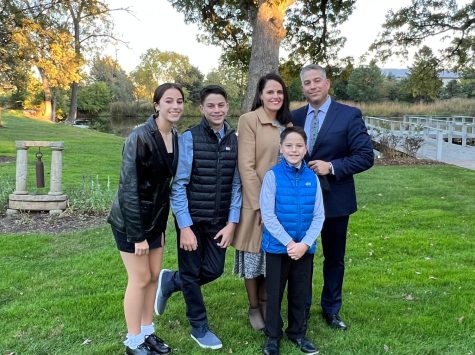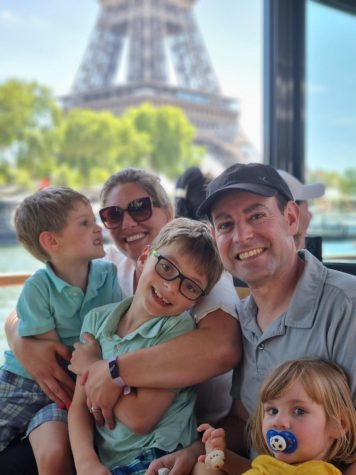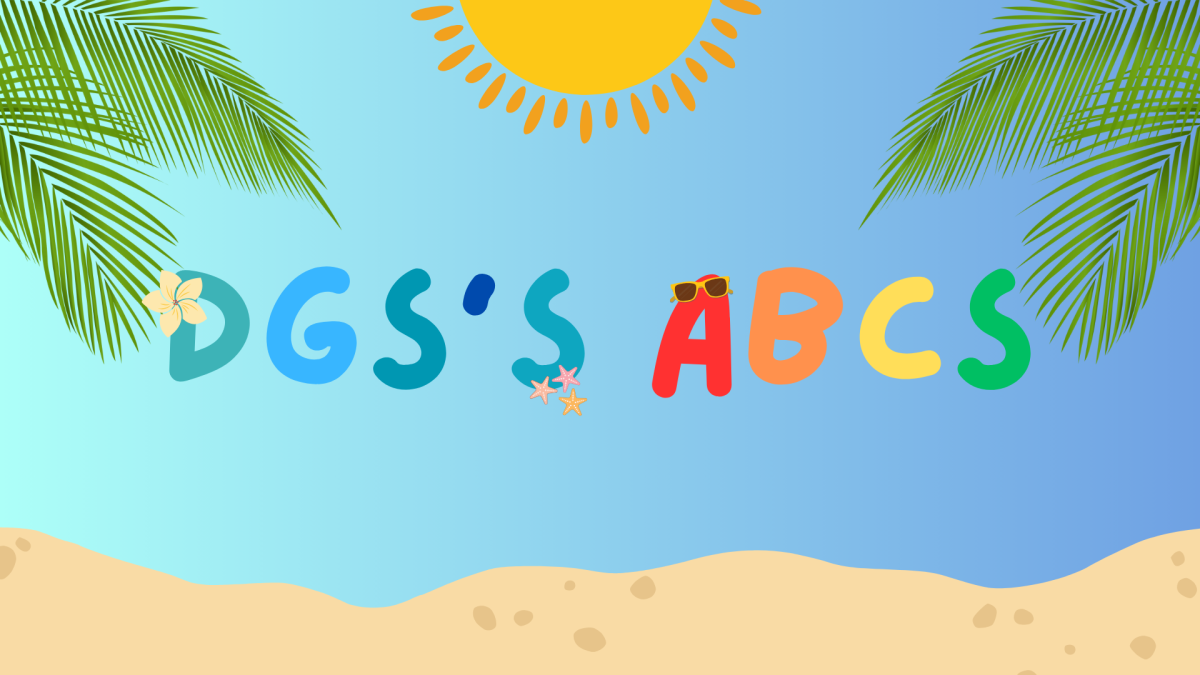Students and teachers reflect on benefits of bilingualism
October 3, 2022
According to the American Community Survey conducted in 2020 by the United States Census Bureau, 21.5% of people living in the United States speak a language other than English at home. For the state of Illinois, this statistic is 23%. There are many students and staff included in this statistic of people who speak a language other than English at home.
There are many benefits to being bilingual that are seen both academically, mentally and socially.
Emilia Swierzb, alumni, is fluent in both English and Polish, with Polish being her first language. Swierzb also learned Spanish in school and received World Language Outstanding Senior Recognition for her proficiency in Spanish.
“Learning a third language was easier because I was already familiar with conjugation in different languages and the different sentence structures. Even though the languages were not similar, being bilingual helped me with pronunciation and with confidence speaking to others. I knew I was going to make mistakes but I also knew that for the most part, practice is the only way to get good,” Swierzb said.

Spanish teacher Cyndi Montero first learned Spanish in high school and was a foreign exchange student in Bucaramunga, Columbia. Her experience as an exchange student deepened her love for the language and led to her pursuing a degree in Spanish in college. Montero spoke about how learning a second language in school can impact styles of learning and offer new perspectives.
“Learning a language shows students a different way of learning and a different perspective of learning,” Montero said.
French teacher and alumni Sophia Reuillon decided to study the language in college after enjoying her French classes. She has observed that the skills students learn from learning a language such as thinking critically and having different perspectives allow students to excel in all subjects, not just language.
Learning a second language also benefits students academically who wish to go to college. There is currently no language requirement at DGS, but many colleges and universities require language for acceptance and for graduation. Learning a language in high school can help prepare students to be successful in language classes in college.
Beyond academics, being bilingual and studying another language has impacts both culturally and socially. Sophomore Nia Ayala speaks Spanish at home and learned Spanish and English at the same time as a child.
“Knowing Spanish allows me to be able to speak to my family that doesn’t speak English. I also think that knowing more than one language is so valuable and it really helps you appreciate your culture and understanding of your identity,” Ayala said.

Reuillon spoke on how learning multiple languages fosters inclusion and understanding.
“Learning more languages opens your eyes to diversity and helps us learn how different cultures function around the world. This is a benefit in any field because it helps you learn how to work better with other people because you will have insight on how societies and cultures function despite their differences,” Reuillon said.
Reuillon is a mother to three children, two of whom were born in France. She shared her perspective as a mom and a teacher on the importance of raising her children from a young age to know both French and English.

“I see how hard it is for kids to learn a language later in life and I want them to realize how lucky they are to naturally soak up a language. To keep up with their learning, we send them to French school on Saturday mornings for two hours for French immersion with other kids from the area. I’m hoping that they will embrace their French heritage and when they get to high school they have a benefit that other kids did not have,” Reuillon said.
Both Ayala and Swierzb have similar outlooks on raising children to be bilingual if they choose to have children in the future. Similar to Reuillon, they see the value in heritage and want their future families to be able to stay in touch with their culture.
Learning a language allows people to keep their brains active. Knowing more than one language can benefit people, especially as they start to age. Alzheimer’s Disease is a common form of dementia that occurs as people age.
Alzheimer’s Disease currently does not have a cure, however, there are many organizations such as Alzheimer’s Association that work to research the disease. While no preventative measures can completely stop the disease, through research, Alzheimer’s Association has provided ways to engage your brain to stay mentally active. Among the recommendations are formal education, such as learning a language.
Whether people are bilingual from birth such as Swierzb and Ayala or learn a language in school such as Montero and Reuillon, anyone who knows more than one language can open the doors to academic success and a broadened worldview that teaches empathy and understanding.



